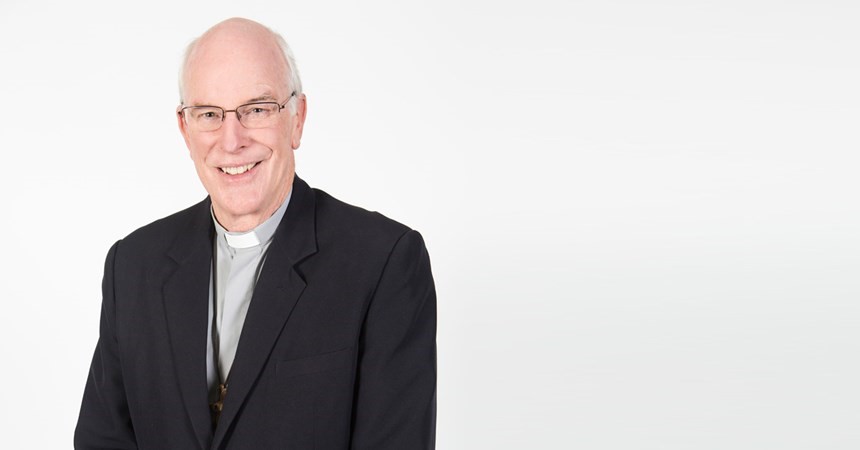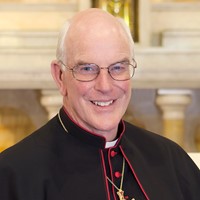Censorship of adult materials more or less ended. ‘No fault’ divorce legislation was passed. Laws against abortion were relaxed to allow exceptions in so many circumstances as to make abortion virtually available on demand. Laws against ‘victimless crimes’ were done away with, principally the laws against homosexual acts between consenting adults. As predicted in the ‘sixties, “the times, they were a’changing”.
Now we again see proposals for quite dramatic changes in social legislation, and in much the same areas, marriage and homicide laws. We will be asked to vote (sort of) on changing the definition of marriage to include same-sex unions. And our parliaments will continue to consider bills to legalise euthanasia or assisted suicide. Additionally now, and of interest to readers of this journal, it is proposed that priests be required to report revelations of child sexual abuse that they hear in Confession. But it is on the matter of same-sex marriage that I will say some more.
I wrote some time ago that the push for same-sex marriage seemed to arise from the desire of gay couples to have an officially-sanctioned ceremony to formalise their commitment to each other and then to have that relationship accorded legal and social recognition. It seemed to me then, and now, that in a society where same-sex relationships are legal and gay couples can adopt and raise children, it’s a bit of a legal anomaly that their relationship itself doesn’t have a clear legal status. The church couldn’t recognise a same-sex union as a marriage, except in the limited sense of ‘a marriage according to Australian law’. But this is true of many marriages, notably the re-marriages of divorced persons, marriages on a ‘for better or for as long as we’re happy’ basis, de facto marriages and marriages of couples with no intention of having children. The church doesn’t regard these as valid marriages, but we make no bones about the state giving them civil legal status. The question about any proposed law is not whether it squares with church teaching or a moral ideal, but whether it is a good practical rule for people living in this society at this time. Such a ‘common good’ argument can be made that, in our pluralist society, it does more for community peace and harmony for gay couples to have a place in the recognised structures than for them to be excluded. Those were my thoughts on state recognition of gay marriage as a matter of law, and I stand by them. But they only address the question I have asked.
Many of my fellow bishops, and many other good people, are asking a different question. They are concerned about the social consequences of recognising gay marriage. On one level, this is a generalised concern that the natural family configuration of mum, dad and kids should be privileged by the state, lest other domestic arrangements come to be seen as equally valid, just as good as the traditional family. Moreover, there is a concern that some people may be adversely affected by gay marriage laws. All the legislative proposals contain a right for clergy to decline to celebrate same-sex marriages, but what about owners of reception centres, caterers, musicians, hire car firms and so on? In jurisdictions overseas such people have been sued or even prosecuted for declining to supply services to gay weddings. Isn’t this a failure to respect the conscientious or religious convictions of some citizens? Then there is a real concern about the future right of churches and schools to teach the traditional Christian view of marriage in the face of a contrary law or to control materials or curricula produced by governments for schools. These are legitimate concerns, and they are unlikely to be answered definitively before the postal vote is taken. What I urge, therefore, is that you give careful consideration to all information that comes your way, think hard, talk a lot, pray about it, and vote. Look beyond the campaign slogans and anecdotes, and vote for what you believe will be best for our Australian community − now and into future generations. And let’s all accept that people of good will might honestly disagree.























































































